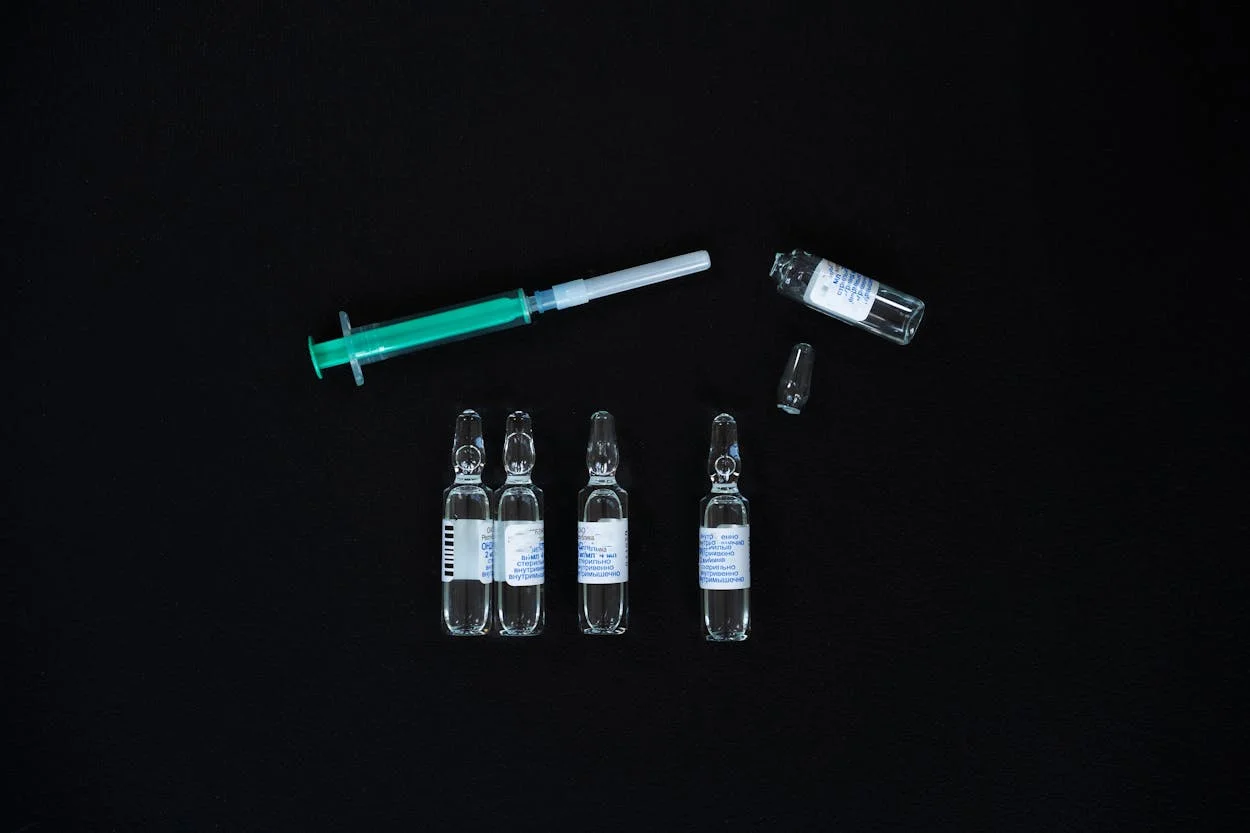
The US Food and Drug Administration (FDA) has approved Dupixent (dupilumab) as an add-on maintenance treatment for adults with chronic obstructive pulmonary disease (COPD) who have an eosinophilic phenotype and whose condition remains inadequately controlled. Dupixent is the first biologic medicine approved in the United States for this patient population.
Jean Wright, M.D., Chief Executive Officer at The COPD Foundation, expressed optimism about the approval, stating, “People living with inadequately controlled COPD have long awaited new treatments to alleviate the daily challenges of breathlessness, coughing, wheezing, exhaustion, and frequent hospitalizations. Many patients struggle with basic activities like walking or running errands. We welcome this new therapeutic option, which offers patients a chance to better manage their disease.”
Paul Hudson, Chief Executive Officer at Sanofi, noted, “Dupixent has already transformed the treatment landscape for many diseases driven by type 2 inflammation, with one million patients treated globally. This approval marks another milestone, making Dupixent the first and only biologic approved for inadequately controlled COPD. Patients now have the opportunity to experience improved breathing and fewer exacerbations.”
The FDA approval is supported by data from two major phase 3 clinical trials, BOREAS and NOTUS, which assessed the efficacy and safety of Dupixent in adults with COPD who were on maximum standard-of-care inhaled therapies, including triple therapy. The trials included patients with blood eosinophil levels of ≥300 cells per μL. Key results from the studies include:
- A 30% reduction in the annualized rate of moderate or severe COPD exacerbations in BOREAS and a 34% reduction in NOTUS over 52 weeks, compared to placebo.
- Greater improvements in lung function, with a 74mL increase in post-bronchodilator FEV1 in BOREAS and 68mL in NOTUS at week 12, sustained through week 52.
- Statistically significant improvements in pre-bronchodilator FEV1 at both 12 and 52 weeks.
- A 51% response in health-related quality of life measures, compared to 43% and 47% with placebo, as measured by the St. George’s Respiratory Questionnaire (SGRQ).
Safety outcomes in both studies were consistent with Dupixent’s known safety profile across other indications. Common adverse events (≥2%) observed more frequently with Dupixent included viral infections, headaches, nasopharyngitis, back pain, and diarrhea, among others. A rare incidence of cholecystitis was reported in 0.6% of Dupixent-treated patients compared to 0.1% in the placebo group.
George D. Yancopoulos, M.D., Ph.D., Board Co-Chair, President, and Chief Scientific Officer at Regeneron, emphasized the significance of this approval, stating, “For the hundreds of thousands of COPD patients in the U.S., who often struggle just to breathe, Dupixent offers new hope. As a first-in-class medicine, Dupixent has shown benefits in type 2 inflammatory diseases like asthma and atopic dermatitis. Now, it provides COPD patients a novel option that significantly reduces exacerbations, improves breathing, and enhances quality of life, as demonstrated in phase 3 trials.”
The FDA granted Dupixent a Priority Review, a designation reserved for treatments that offer potentially significant improvements in managing serious conditions. In July 2024, Sanofi and Regeneron also announced that the European Medicines Agency had approved Dupixent for adults with uncontrolled COPD characterized by elevated blood eosinophils. Regulatory submissions are currently under review in other countries, including Japan.





